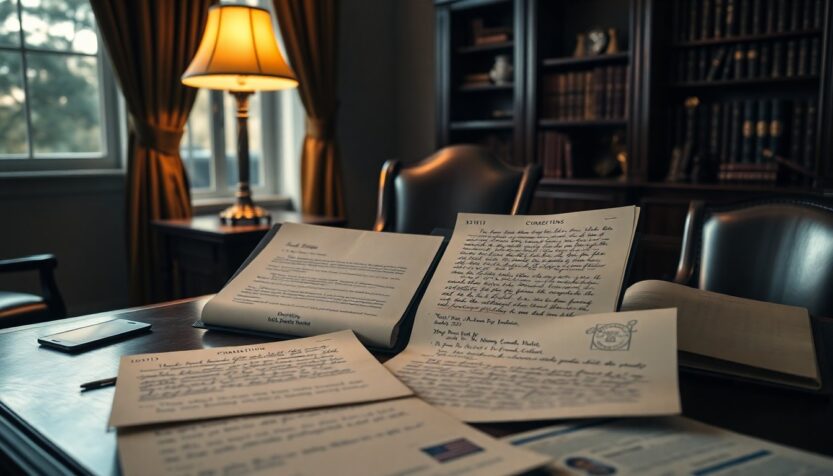A significant cache of over 20,000 documents from the estate of Jeffrey Epstein has been made public, shedding light on his complex relationships with various high-profile individuals. Among these documents are communications that reveal interactions between Epstein and Prince Andrew Mountbatten-Windsor, the younger brother of King Charles III. This release follows previous emails hinting at discussions involving former President Donald Trump, and raises further questions about Andrew’s involvement with the late financier.
One notable aspect of the released emails is the direct correspondence between Epstein and an email account attributed to Prince Andrew, commonly referred to as “The Duke.” These messages appear to have occurred around 2011, a time marked by intense media scrutiny following the publication of a photograph showing Andrew with Virginia Giuffre, one of Epstein’s prominent accusers. Despite Andrew’s consistent denials regarding the allegations made by Giuffre, these emails suggest a different narrative.
Significant revelations from the emails
In the documents, an email sent from “The Duke” to Epstein on March 4, 2011, expresses Andrew’s alarm regarding the media attention he was receiving. The message states, “Hey there! What’s all this? I don’t know anything about this! You must SAY so please. This has NOTHING to do with me. I can’t take any more of this.” This reaction indicates a level of distress and a desire to distance himself from the unfolding scandal.
Epstein’s responses and denials
Epstein’s reply to Andrew was equally revealing. He dismissed the allegations as “ridiculous,” claiming, “the only person she didn’t have sex with was Elvis.” Such remarks highlight Epstein’s attempt to downplay the seriousness of the situation. In subsequent communications, Andrew sought reassurances, insisting that any public statements or legal letters must clearly state his non-involvement and lack of knowledge regarding the allegations, emphasizing his need to protect his reputation.
Two days later, Epstein reached out to Andrew, inquiring about his wellbeing while minimizing the gravity of the allegations. He assured Andrew that the stories were “complete and utter fantasy,” while denying claims about his connections to prominent figures such as Al Gore and Bill Clinton. Epstein’s assertion that his “little black book” had been stolen by a former employee further illustrates his attempts to mitigate damage.
Public relations strategies and further implications
The correspondence reveals not only personal exchanges but also strategic planning in response to media inquiries. Epstein’s public relations representative, Brian Basham, suggested drafting a letter to the editor in response to the Mail on Sunday article that exposed Andrew’s alleged connections. This communication hints at a calculated approach to managing public perception.
Discrediting accusations against Andrew
In another correspondence, Epstein expressed a desire to undermine Giuffre’s credibility, stating, “The girl who accused Prince Andrew can also easily be proven to be a liar.” His suggestion to investigate Giuffre further indicates an underlying motive to shift blame and protect Andrew’s public image. These communications extend beyond personal relationships, hinting at broader issues of accountability among powerful figures.
As investigations into Epstein’s activities continue, the emails serve as a crucial reminder of the intricate web of connections between influential individuals and the consequences of their actions. Andrew’s recent stripping of royal titles was a direct response to the renewed scrutiny following Giuffre’s allegations and the public’s insistence on accountability.
The emails between Prince Andrew and Jeffrey Epstein provide a troubling glimpse into their relationship during a time of significant controversy. As new information emerges, it urges a reassessment of the narratives surrounding both individuals and highlights the importance of transparency and accountability in the wake of serious allegations.

